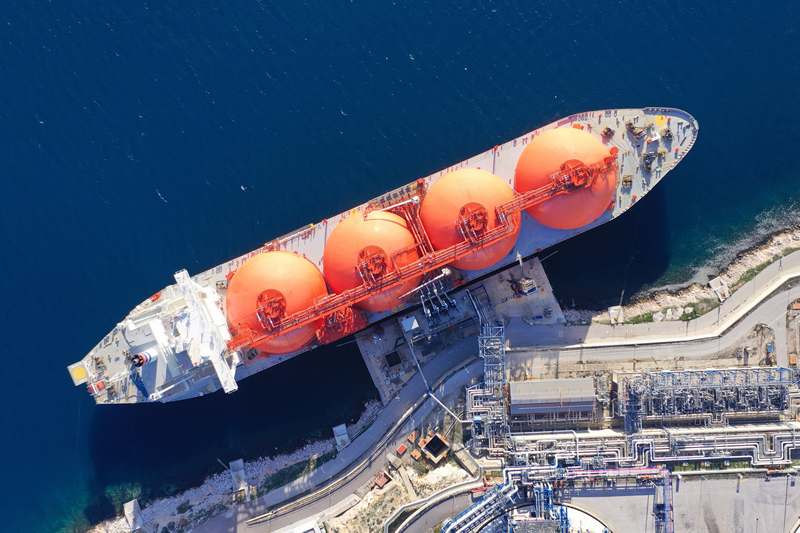EU Maritime Shipping Emissions Continue To Rise Driven By LNG
31
Methane emissions from the EU’s maritime sector more than doubled between 2018 and 2023, largely due to the rising use of liquefied natural gas (LNG) as a marine fuel, according to the European Maritime Safety Agency (EMSA).

In 2022, shipping accounted for 26% of methane emissions from the EU’s transport sector. Methane is a potent greenhouse gas, with a global warming potential 80 times higher than CO2 over 20 years. Despite legislative efforts to curb emissions, EMSA and the European Environment Agency (EEA) have raised concerns over LNG’s effectiveness in reducing the maritime industry’s environmental impact.
New Report Highlights Environmental Pressures
The second edition of the European Maritime Transport Environmental Report examines the sector’s key environmental challenges, including:
- Oil and water discharges
- Marine litter
- Port expansion and its impact on biodiversity
- Emissions from greenhouse gases and air pollutants
Regulatory measures, such as the inclusion of shipping in the EU Emissions Trading System and the expansion of sulphur emission control areas, are helping reduce some emissions. However, the report highlights gaps in mandatory reporting for pollutants like particulate matter and black carbon, making it difficult to assess the sector’s full environmental footprint.
The Need for Data and Workforce Retraining
The report also calls for more comprehensive data on ship manufacturing, decommissioning, and maintenance to better understand the full life cycle emissions of vessels. It warns that the adoption of alternative fuels and propulsion systems will require harmonized international guidelines and workforce retraining to ensure a smooth transition.
European Oceans Pact and Future Policy
The findings will inform the development of the European Oceans Pact, an EU-backed initiative to promote sustainable ocean management and a competitive blue economy. A public consultation closed in February 2025, with the European Commission set to announce its plans in June 2025.
#Protea #Emissions #Monitoring #CEMS #FTIR #Gas #Analysers #Shipping #Marine #Carbon #Capture
Other Articles
The EU Emissions Trading System ETS In A Nutshell
02
Rising Carbon Costs Drive The Need For Accurate Emissions Management In European Shipping
26
Carbon Capture Utilisation & Storage (CCUS) In 2026
16
Global Underground CO2 Storage Data Offers Hope Amid Rising Emissions
01
IMO Postpones Adoption Of Global Net-Zero Shipping Framework
04
Pioneering Carbon Capture Projects Ready For Construction
03
Methanol & Ammonia Deemed Ready As Zero-Emission Shipping Fuels
01
Carbon Capture Storage Reaching A Turning Point In Decarbonisation
13
CCS To Capture 15% Of Shipboard Carbon Emissions By 2050
29
Global Shipping Industry Struggles To Navigate Net Zero Transition
21